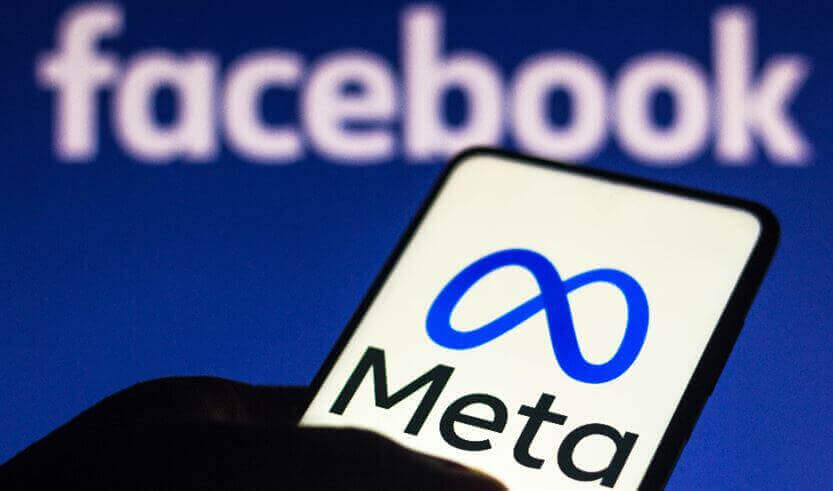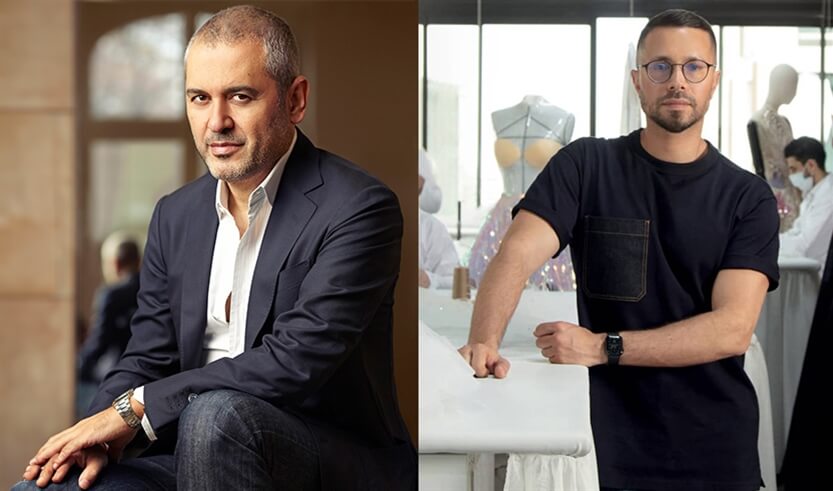Is CGI Advertising Shaping the Future of Marketing or Simply Riding the Wave of Social Media Trends?
Source
https://adtechtoday.com/cgi-advertising-pioneering
28 March 2024
The integration of technology has long been a catalyst for change in the ever-evolving landscape of advertising. Within the realm of marketing, compelling visuals play a crucial role in grabbing the attention of customers and leaving a lasting impact. Enter computer-generated imagery (CGI), an innovative technique that has garnered attention from both consumers and marketers alike, allowing imagination to flourish in advertisements. CGI has revolutionized the way people engage with brands, from captivating product promotions to alluring brand marketing.
Unseen yet influential, CGI subtly transforms seemingly unattainable goals into reality within the advertising industry. When expertly utilized, CGI has the ability to elevate commercials from mundane to spectacular, creating moments that linger in the minds of viewers long after the television is turned off. However, the question persists: Is CGI advertising a harbinger of future marketing trends or merely a passing phase in the realm of social media?
What is CGI Advertising?
Defined as CGI OOH (Out of Home) or "Faux-out-of-home" (FOOH), this emerging marketing strategy is on the brink of widespread adoption. CGI has become indispensable in advertising, particularly within the Out of Home sector, where it facilitates the creation of captivating social media campaigns. By leveraging CGI, companies can communicate their messages in imaginative and visually striking ways, enhancing viewer engagement. The evolution of CGI marketing content has seen a shift towards achieving hyper-realism and mimicking organic content. Notably, marketing directors and brand managers are increasingly endorsing these inventive endeavors.
CGI encompasses the art of crafting lifelike visual content using advanced graphics and sophisticated computer tools. Its application spans across various media platforms, including social media, online videos, and traditional television. CGI marketing campaigns, often characterized by their wit, playfulness, and virality, have gained significant traction on social media platforms.
How CGI seamlessly integrates into various advertising channels
The seamless integration of CGI across various advertising channels often appears effortless, akin to a magical illusion. Its adaptability and simplicity in integration are key factors, allowing it to collaborate with other media formats to craft a unified and impactful message.
Television commercials
Television commercials stand out as a prime arena where CGI excels. Whether taking the spotlight or complementing live-action footage, CGI enhances visual effects, leaving a memorable impression on viewers and effectively conveying complex concepts in a concise manner.
Social media advertising
Social media nowadays is packed with ads that use CGI. Among all the content out there, CGI makes ads look more sophisticated, whether they're animated explainer videos or 3D product demos. Using CGI in ads can help boost brand awareness and get more clicks from users.
Digital billboards
In the realm of digital billboards, CGI animation adds an aesthetically pleasing dimension to brand messaging. Known as digital-out-of-home (DOOH), this form of advertising leverages lifelike CGI presentations to leave a lasting impact on audiences.
Mobile and Web Apps
Moreover, in the realm of mobile and web applications, CGI plays a crucial role in enhancing user engagement and fostering brand loyalty. By incorporating interactive features and advanced graphics, CGI elevates user experience, encouraging prolonged interaction with the brand's online platforms and increasing opportunities for meaningful audience engagement.
Advantages of CGI Advertising
Utilizing CGI offers distinct benefits compared to traditional media. Despite occasional misconceptions about CGI being costly, understanding the reality reveals quite the opposite.
1. Cost-effectiveness
2. Efficiency and Flexibility in Production
3. Generating Excitement through Customer Engagement
4. Endless Opportunities
5. Compatibility Across Multiple Platforms
Is CGI Just a Passing Trend on Social Media?
There's a prevailing notion that CGOOH might just be a fleeting fashion, deemed excessive by some and losing its appeal over time. Yet, is it fair to blame the audience? Its rapid adoption left little room for fully grasping its potential. At this juncture, it's crucial to scrutinize its longevity. However, forward-thinking brand managers and agencies are determined to push beyond this skepticism. The real differentiator lies in what comes next.
Some argue that in a landscape constantly in flux, marketers must adapt to survive. Evolution seems inevitable! While new technologies will continue to emerge, their effectiveness lies in how adeptly they're wielded to narrate compelling stories and make a lasting impact.
CGI marketing has revolutionized the relationship between brands and audiences. Through captivating storytelling and evoking emotions, CGI creates unforgettable experiences that deeply resonate with customers. Incorporating CGI in advertising can result in more imaginative and attractive ads, while also simplifying the communication of complex concepts. As this groundbreaking technology continues to gain momentum, CGI is anticipated to become a cornerstone of digital marketing, forging compelling connections with viewers in unprecedented ways.
Related Articles

18 November 2022
New tools have just been released by Meta to assist creators in expanding their communities, finding new audiences, and making money from their content.

10 September 2024
Lebanese designers Elie Saab and Rami Kadi are embracing the metaverse, redefining fashion shows through immersive digital experiences. By blending haute couture with Web3.0 technology, they create interactive, globally accessible events that push the boundaries of fashion and innovation.